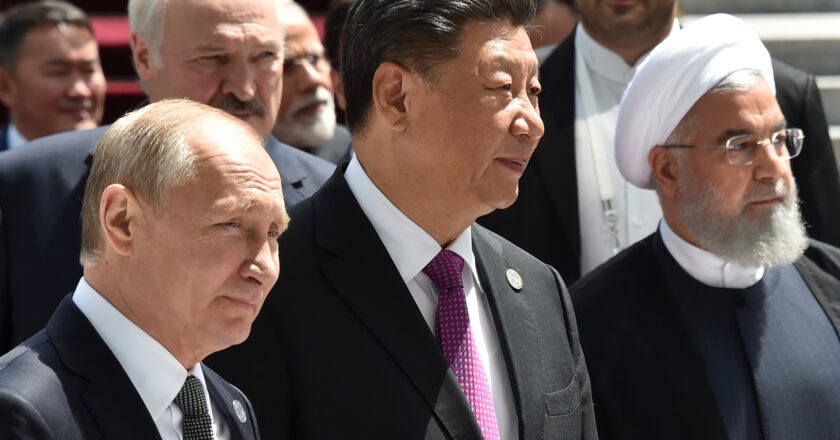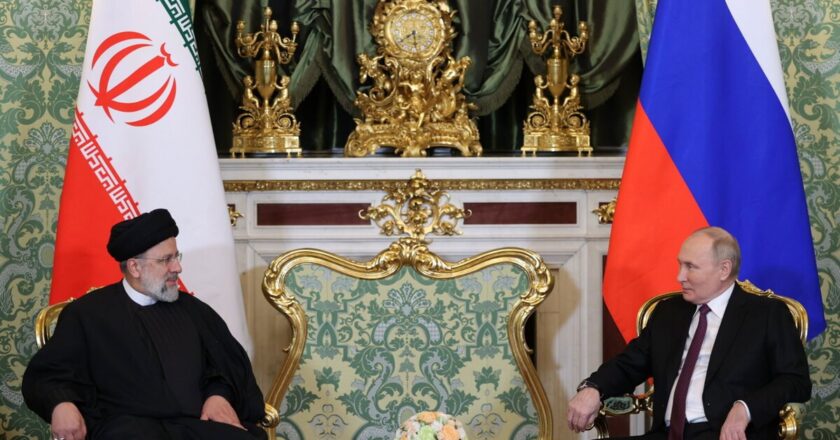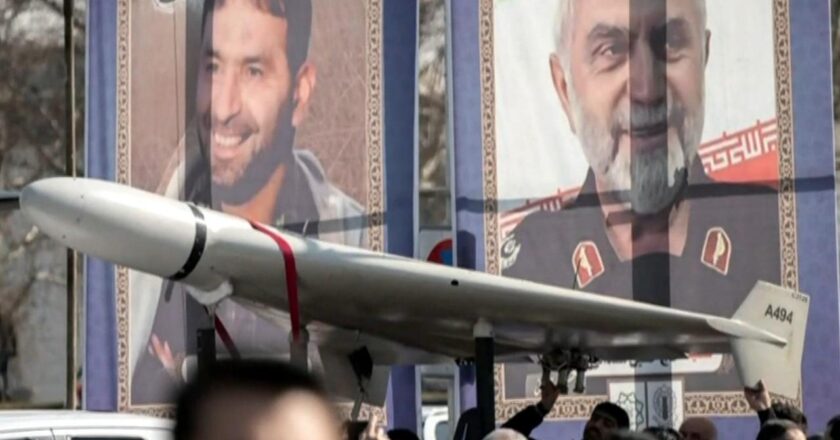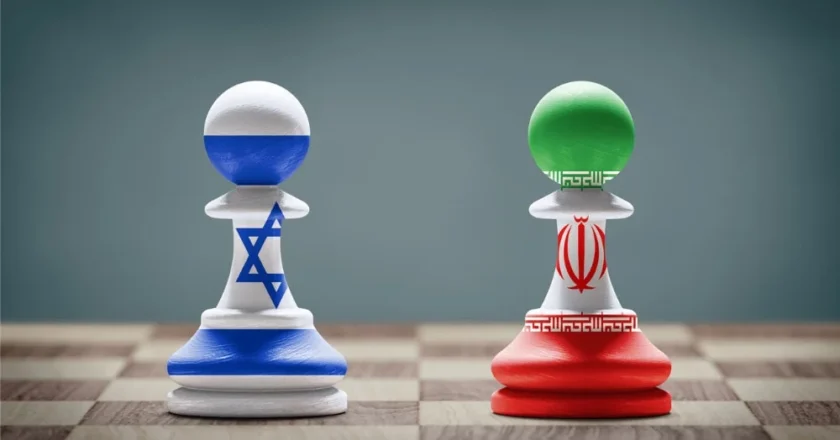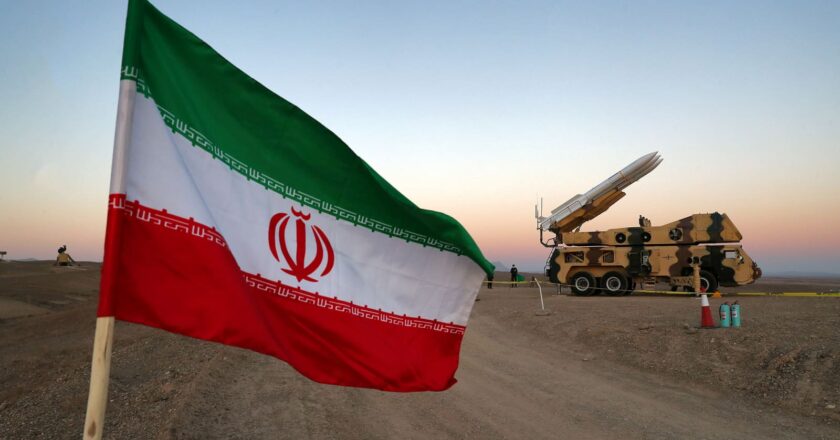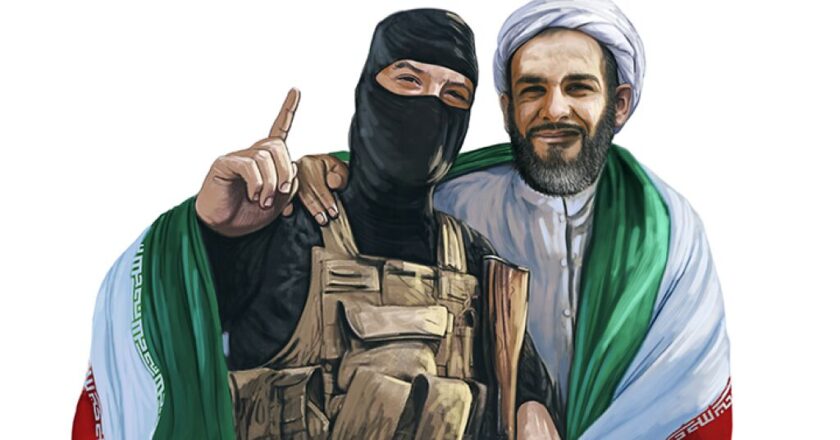by Jonathan Schanzer
Middle East Quarterly
A major war has been underway for a decade in the Middle East though it infrequently makes headlines. Month after month, week after week, and night after night, the Israelis have operated across the region against the Islamic Republic of Iran in what the Israeli government calls "the-war-between-wars" (or "the-campaign-between-wars").[1]
The genesis of this war is clear. Since the early 1980s, Tehran has financed, armed, and trained terrorist proxies to target Israel. This includes Hezbollah in Lebanon, Hamas and Palestinian Islamic Jihad in Gaza, and more recently, Shiite militias in Syria and Iraq. Historically, Israel has battled many of these proxies in short but painful border wars. Tehran never paid a price. The Islamist regime preferred ...

